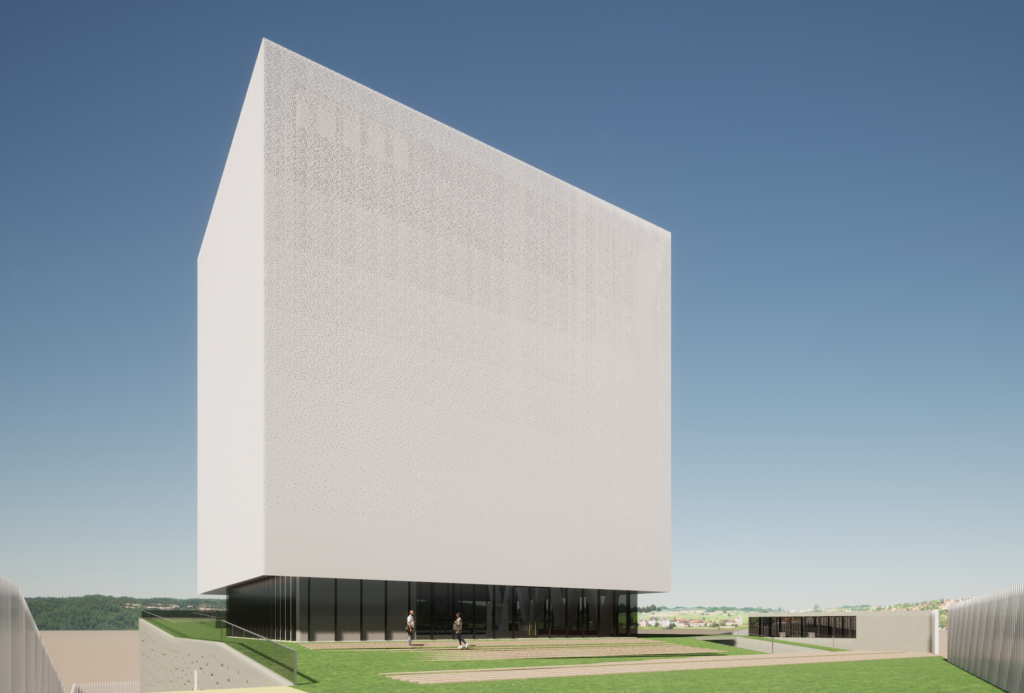As a big step towards improving its digital infrastructure, the Democratic Republic of the Congo (DRC) has started a €66.55 million fibre optic line project.
The African Development Bank (AfDB) paid for the project, which helped the country reach its goal of becoming a digital hub in Central Africa.
To link with Cameroon and the Central African Republic, the project will lay 600 kilometres of fibre optic wire and build a state-of-the-art National Data Centre in Brazzaville.
The Congolese government is giving the last €14.50 million, and the AfDB is giving €52.47 million.
Read also: Bokra, Egyptian fintech secures $4.6 million to support SMEs
Empowering DRC’s Digital Landscape with Fibre-Optic Backbone
The Central Africa Fibre-Optic Backbone project supervisor, Michel Ngakala, stressed how vital this project is for the DRC’s digital autonomy.
“Congo will soon be the only country in Central Africa to have its own data centre,” Ngakala said. “This means our data and communications will no longer need to pass through servers in Europe or America. Everything will be managed locally.”
Samatar Omar Elmi, Chief ICT Specialist at the AfDB, highlighted the broader significance of the project.
“Locally produced data will create a virtuous cycle of local value creation, benefiting the entire digital ecosystem,” Elmi noted. The project aims to boost internet penetration in the DRC, 17.4% in early 2022, compared to 43.0% for Africa and 68.6% globally.
Scheduled for completion by December 2024, the data centre will include server rooms, monitoring facilities, and energy-efficient systems.
For example, telecom companies, banks, and insurance companies will be able to hold data locally with the help of this technology.
The Future of Connectivity: Nigeria’s Fibre Optic Plans
Nigeria has announced an expansive plan to enhance its fibre optic network in a related development. Following a Federal Executive Council meeting, the country secured approvals to establish a Special Purpose Vehicle (SPV) for deploying an additional 90,000 kilometres of fibre optic cable.
With this project, Nigeria will add 125,000 kilometres to its current 35,000 kilometres of infrastructure for connecting people and things.
The SPV will be based on Public-Private Partnerships that have worked well in the past, such as the Nigeria Liquefied Natural Gas Limited (NLNG) and the Nigeria Inter-Bank Settlement System (NIBSS). Nigeria wants to build Africa’s third-longest ground fibre optic backbone using resources from the public and private sectors.
Read also: The Green Climate Fund sees an increase in pledges
Nigeria aims to maximise the capacity of its eight subsea cables, which are 10% underutilised. With over 200,000 connected educational, healthcare, and social institutions, this expansion will close the non-consumption gap and boost internet penetration above 70%. Millions more Nigerians will be online as internet access costs decrease by almost 60%.
The DRC and Nigeria are improving their digital infrastructures to alter their economies and communities. As Africa’s digital connection improves, the DRC’s AfDB-backed fibre optic project and Nigeria’s ambitious expansion plan lay the foundation for significant economic growth and development.




